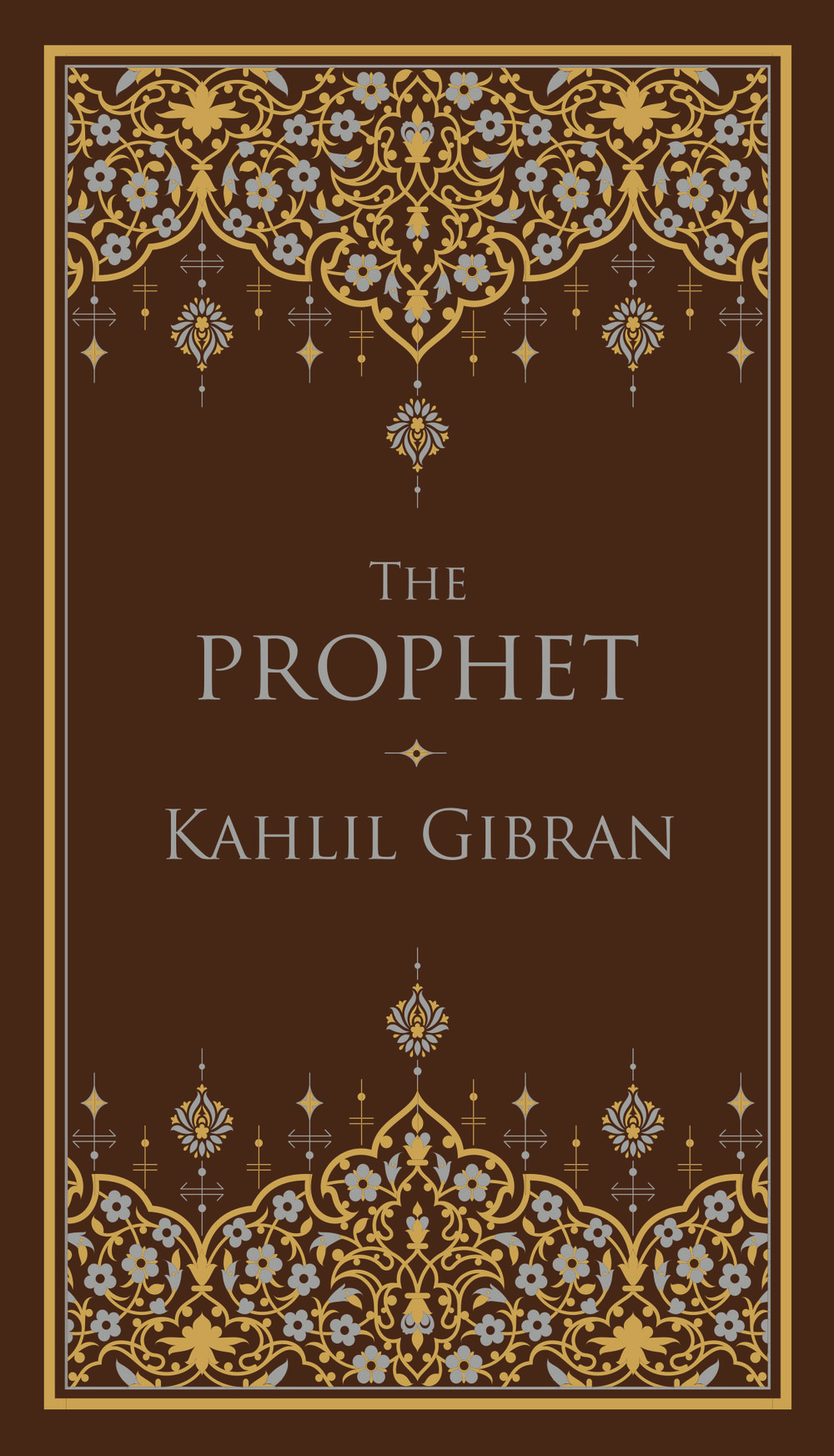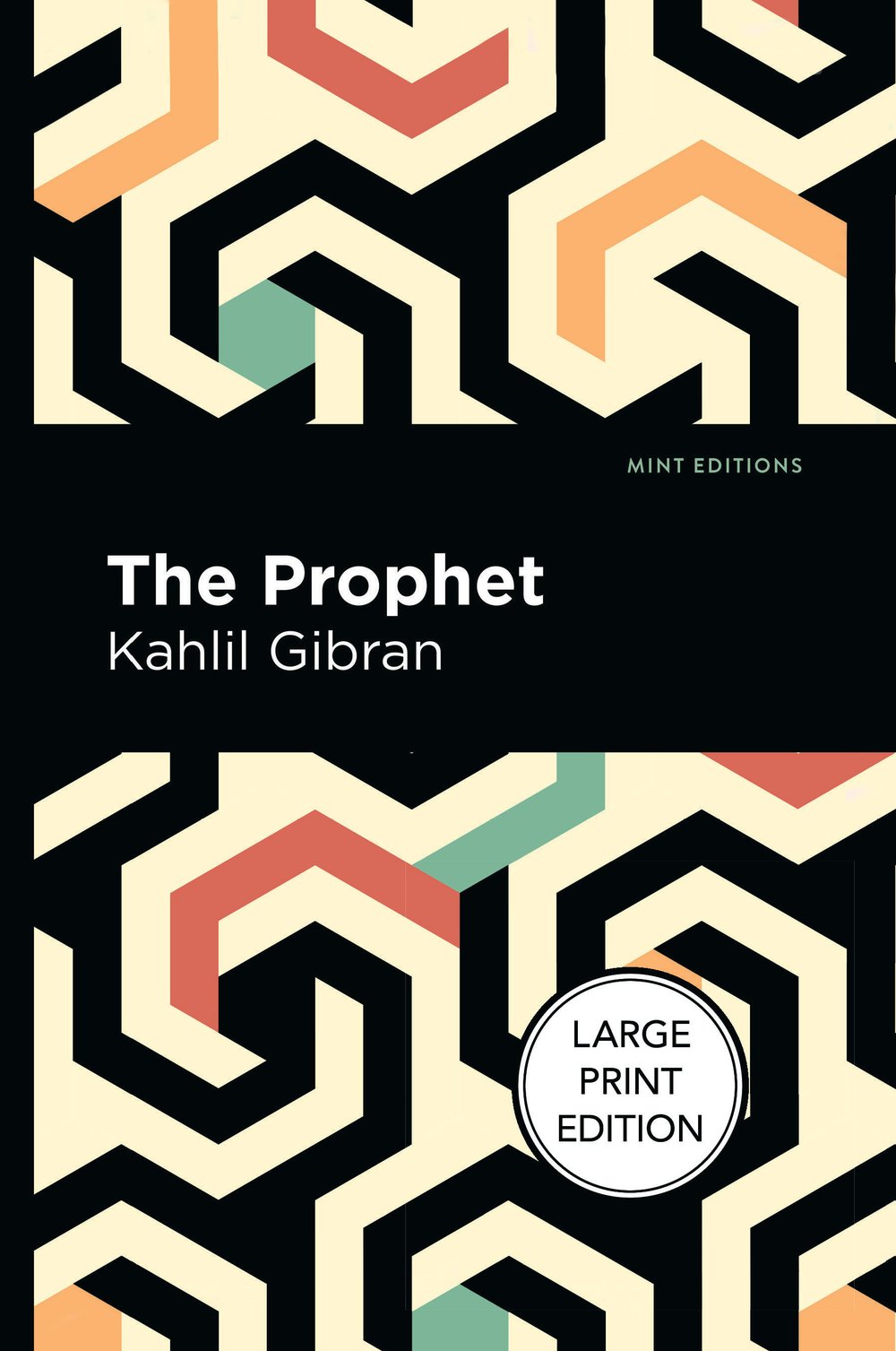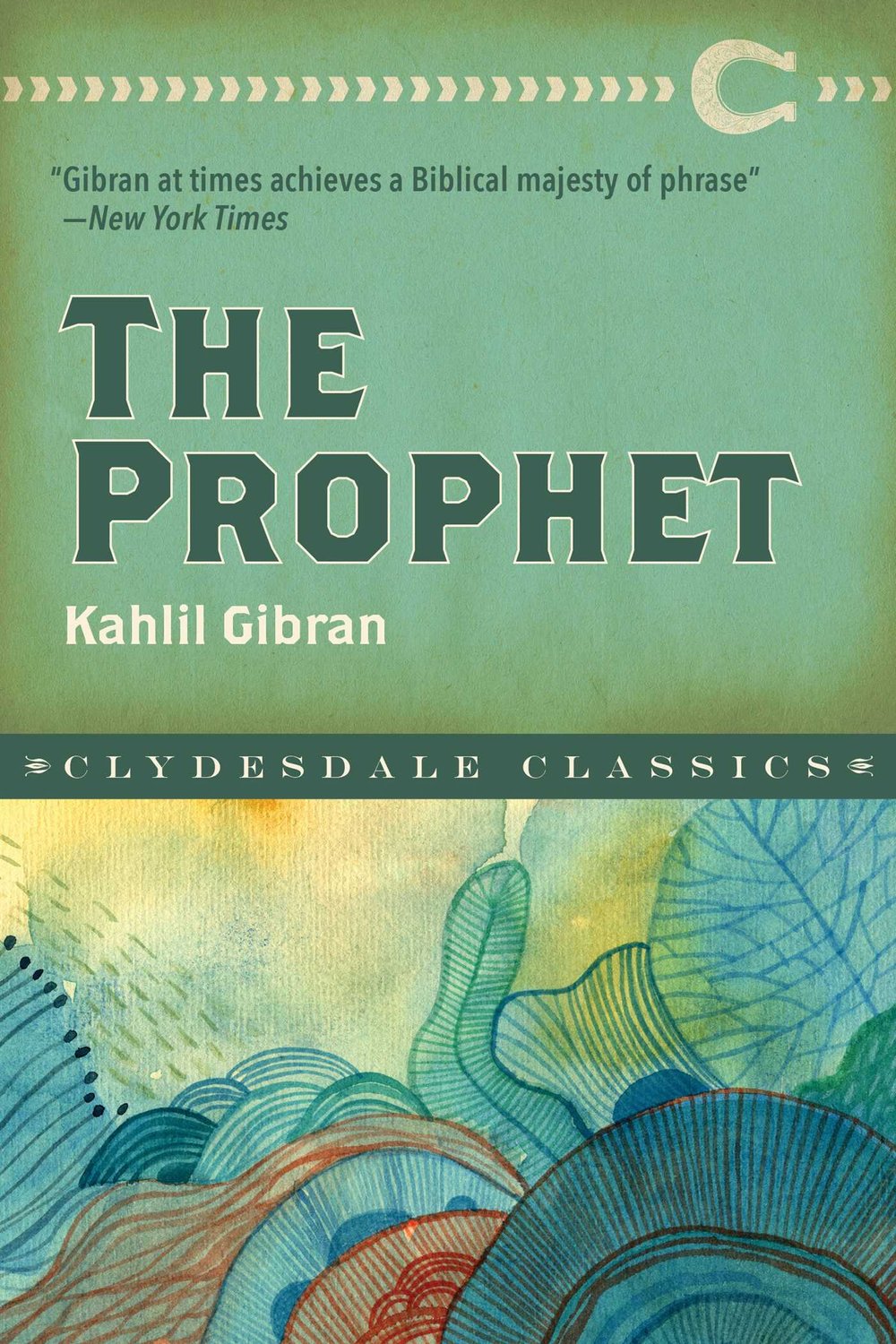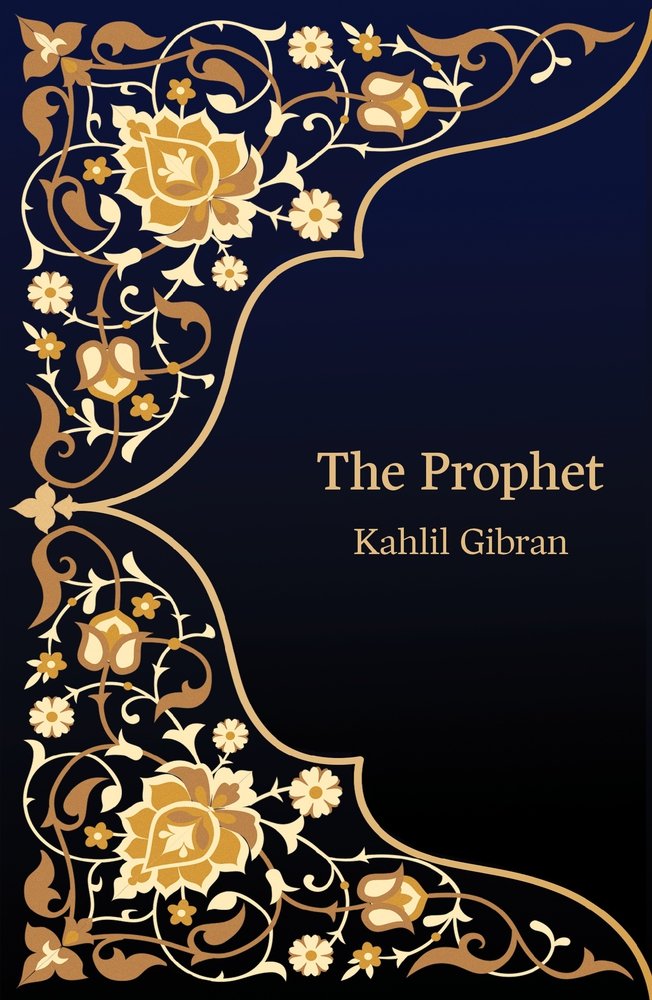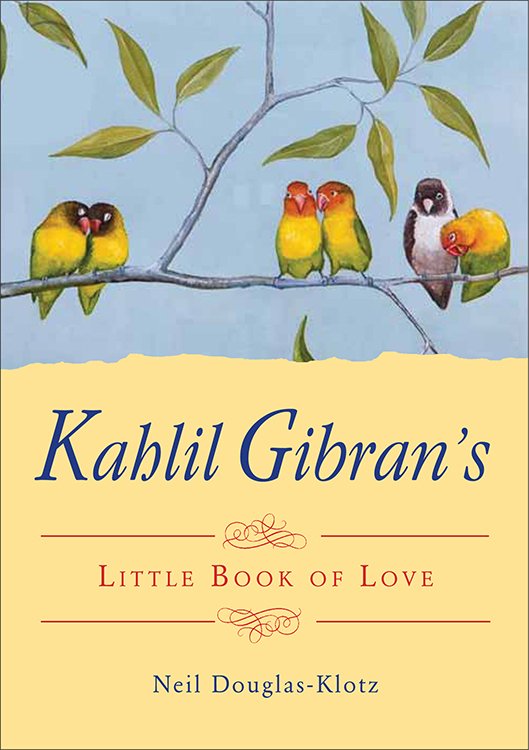Kahlil Gibran's Little Book of Wisdom
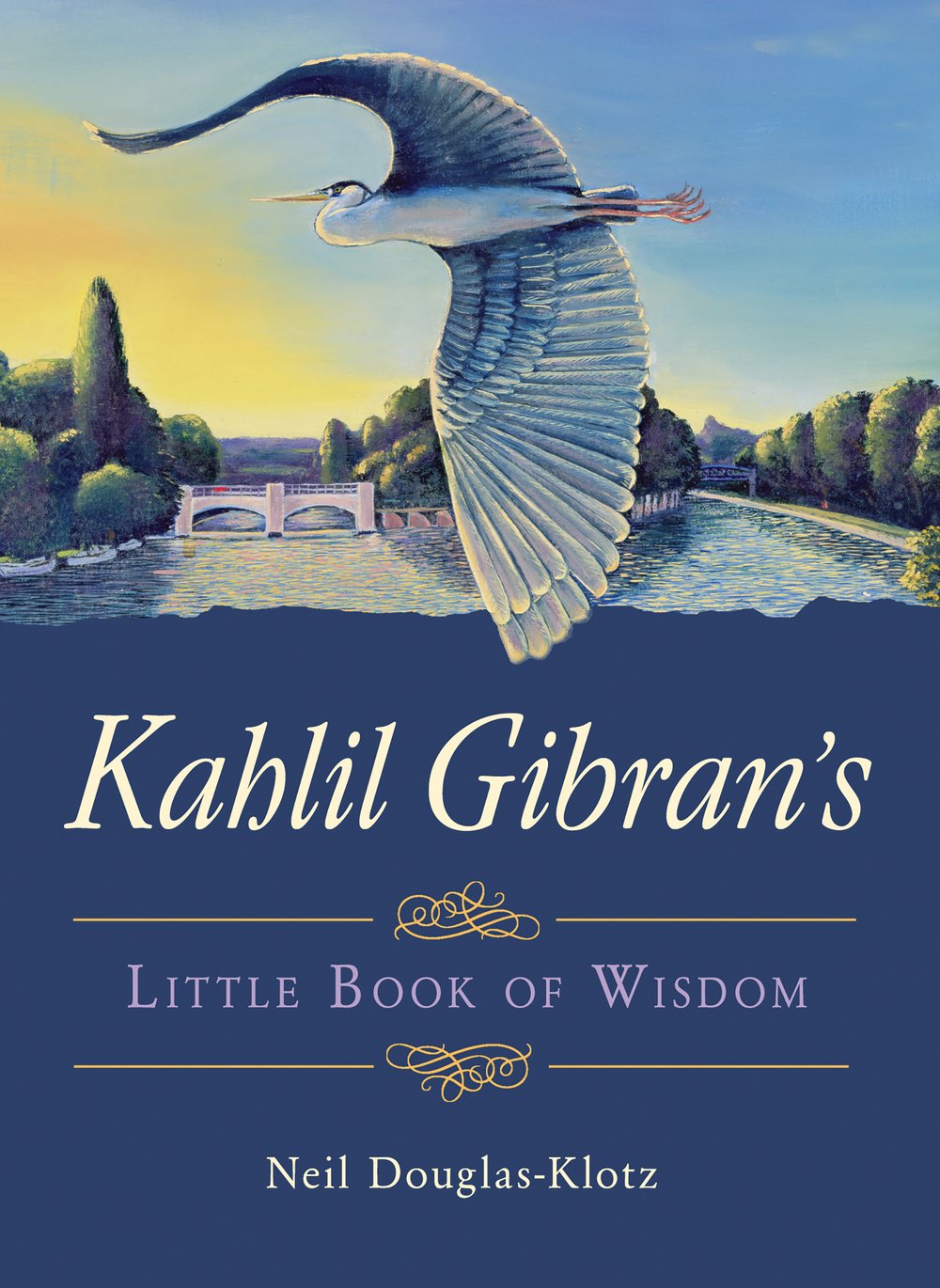
One of the most popular and profound inspirational writers of all time shares simple wisdom for living a happy and fulfilling life.
This book is a collection of Gibran's words on how to live. Here are his thoughts on what it means to live in community and solitude and what gives life meaning, along with his often prescient views on government, organized religion, wealth, and commerce. Gibran's sensibility feels contemporary. He did not recognize any ultimate authority outside of the human soul: "It were wiser to speak less of God, whom we cannot understand and more of each other, whom we may understand."
This is the essential Gibran, with 88 selections organized into 5 sections that elucidate answers to the questions that each of us face:
- Living a Wise Life
- Community Wisdom
- Wise Exchange
- Wisdom from Solitude
- Wisdom Beyond Words
This inspirational gift volume gently guides readers through life’s big issues: meaning and mortality, good and evil, and discovering an authentic spiritual path. Suitable for all gift-giving occasions, it is a book that delights, informs, and inspires.

Kahlil Gibran (January 6, 1883–April 10, 1931) was a Lebanese-American artist, poet, and writer of the New York Pen League. He is chiefly known in the English-speaking world for his 1923 book The Prophet, an early example of inspirational fiction that includes a series of philosophical essays written in poetic English prose. The book sold well despite a cool critical reception, gaining popularity in the 1930s and again in the 1960s. Gibran is the third bestselling poet of all time, behind Shakespeare and Lao Tzu.
Neil Douglas-Klotz, PhD, (Saadi Shakur Chishti) is a world-renowned scholar of religious studies, spirituality, and psychology. Living in Scotland, he directs the Edinburgh Institute for Advanced Learning and for many years was cochair of the Mysticism Group of the American Academy of Religion. He is also the cofounder of the International Network of the Dances of Universal Peace.

